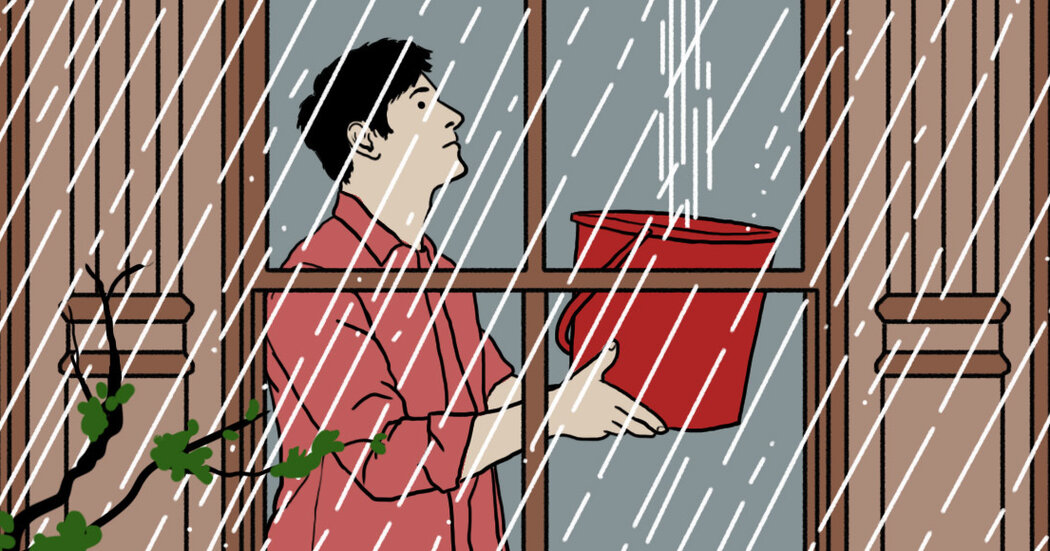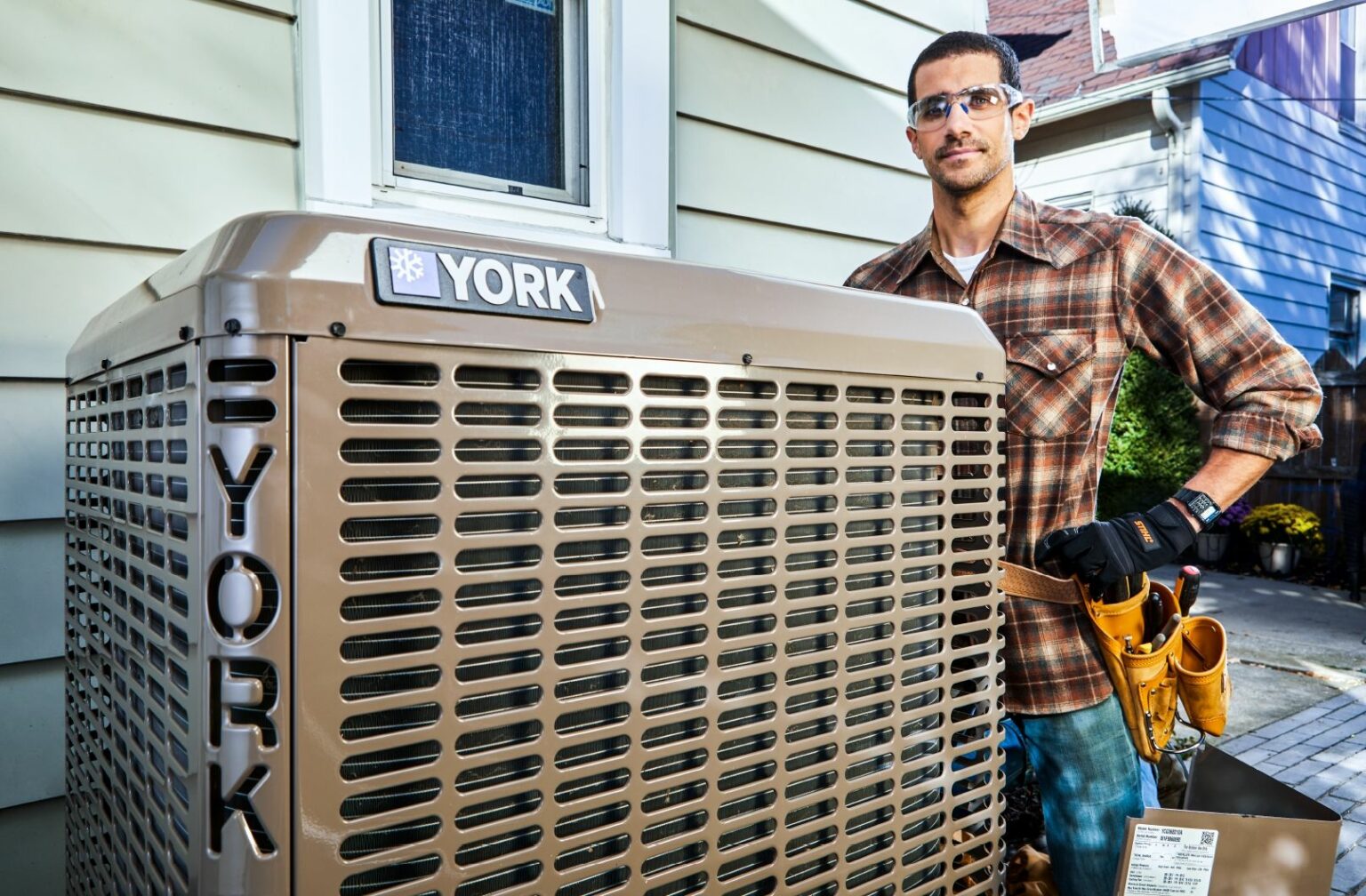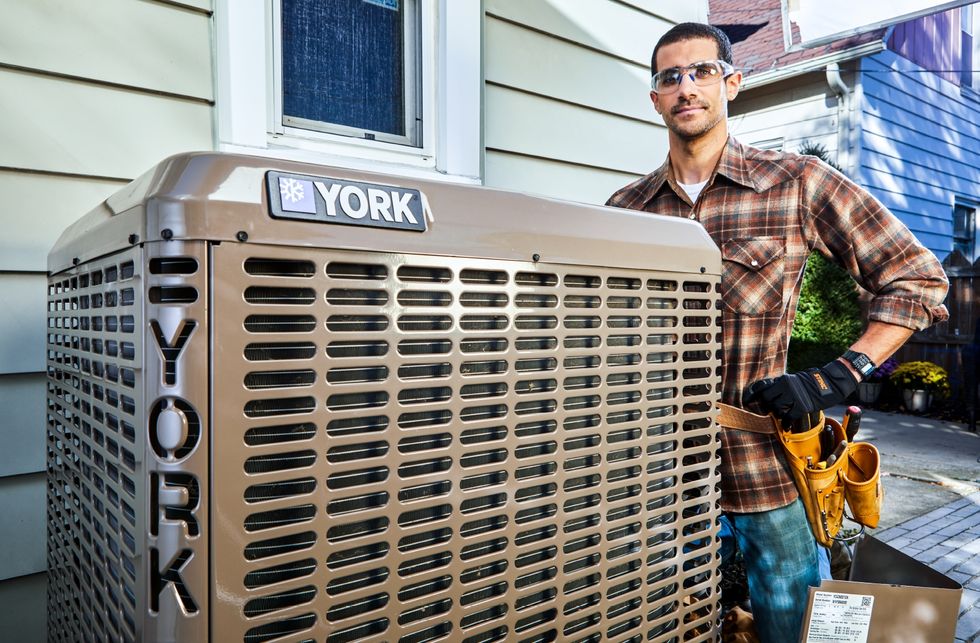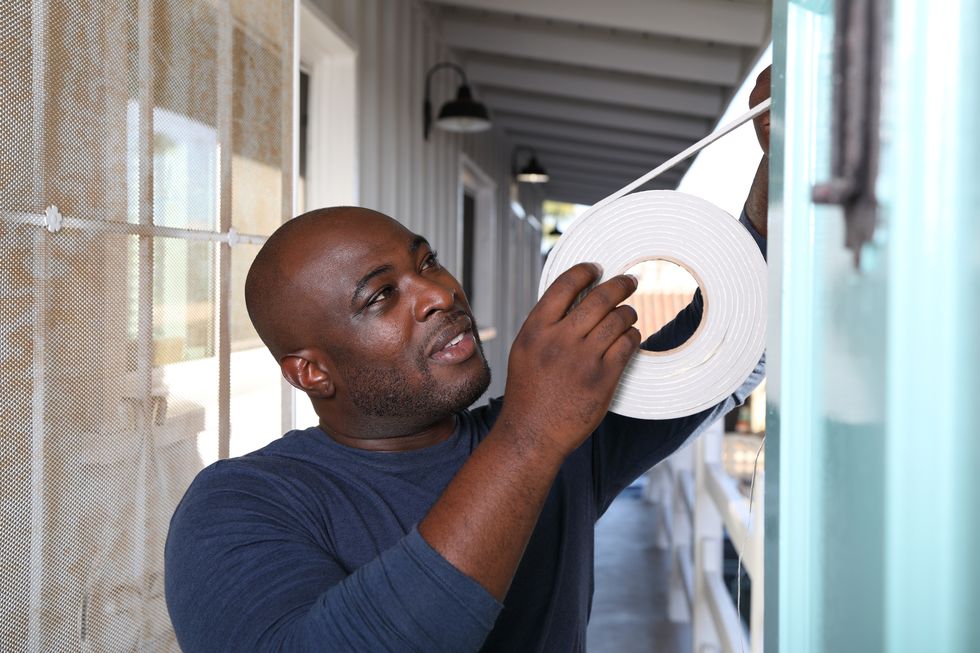[ad_1]
While your current thoughts may be vacations and that perfect beach read, summer often brings something less than pleasant: high energy bills. To help, we’ve hired experts to find proactive ways to reduce your energy costs, whether you live in a house or an apartment. Put their simple but surprisingly effective advice into action, and you’ll spend the rest of your summer the way you should: worry-free.
Filter out inefficiencies.
a recent survey Fewer than half of homeowners who plan to do spring cleaning take electrical, structural or preventative maintenance into account, the study found. That’s a mistake, because “regular maintenance and maintenance of critical equipment and systems during extreme weather conditions can help reduce energy consumption and electric bills,” says Courtney Klosterman, insight specialist for a national home insurance company.
For starters, you can Save 5% to 15% Save on summer energy bills with simple HVAC filter maintenance. Clogged filters reduce airflow, negatively impacting system efficiency. But restoring it to proper levels is as simple as cleaning or replacing the old filter. (Which is necessary depends on your device: look up your model and manufacturer to find out.)
Replacement is simple, but there are Several different cleaning options: You can vacuum the dust, or wash the filter with water and a little vinegar for a deeper cleaning. Consult your manufacturer for advice.
Cool down with a heat pump.
While the name might be counterintuitive for summer, efficient heat pumps like york made it Can be very effective in keeping your home cool. In short, it uses a refrigerant to transfer heat into or out of your living space. “In the summer, it acts as an air conditioner, and in the winter, it reverses the refrigerant flow and becomes a heating unit,” explains Dave Budzinski, vice president of global residential and light commercial for York parent company Johnson Controls. “Because heat pumps are powered by electricity and operate by transferring heat rather than generating it, they can significantly reduce home energy use.” At the same time, they provide consistently pleasant indoor temperatures throughout the year, regardless of the season.
Not only will you save money on home cooling, but you can also take advantage of some incredible tax credits.as part of last year lower inflation lawhouseholds can claim a tax credit of 30 percent of the cost of purchasing and installing a heat pump, up to $2,000.
Unplug electronic devices as much as possible.
The U.S. Department of Energy (DOE) uses the term “Energy Vampire” Describes a device that continues to draw energy when plugged in, even when not in use. Some of the biggest culprits include phone chargers, TVs and gaming systems, small kitchen appliances like toasters and air fryers, laptops and computers, and even hair dryers.
Close escape vents for cold air.
weather stripping Is the process of sealing openings around windows and doors to prevent drafts from flowing from the home to the outside and vice versa. While it may be better known as a means of keeping your house warm in the winter, it’s just as important in the summer. You don’t want your air conditioner working overtime to keep you cool because you’re constantly losing precious cool air outside.
Happily, weather stripping products It’s easy to get, and most are just as easy to install. Options include adhesive-backed foam (which compresses to seal gaps) and tubular rubber gasket weatherstripping (which fits around openings and fills spaces).
Remove yourself from hot water.
second largest expense Water heaters account for a little less than 20 percent of the energy used in the average American home. Doing the math, that means the average American household spends only $400 to $600 a year on hot water.
To reduce these costs, consider this suggestion From the CPSC and Department of Energy: Set your water heater to no higher than 120 degrees Fahrenheit to prevent burns and save energy. To save even more, try to wash dishes and clothes in cooler-than-usual water whenever possible. This may not seem like much, but remember that all the small changes you make add up to huge savings.









